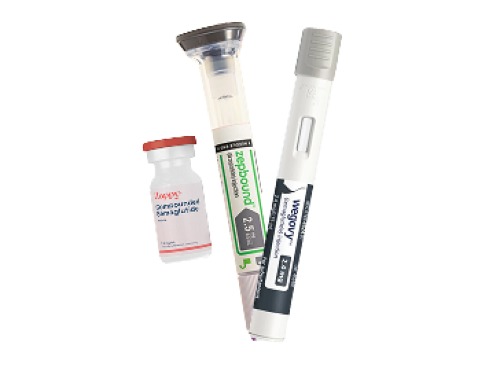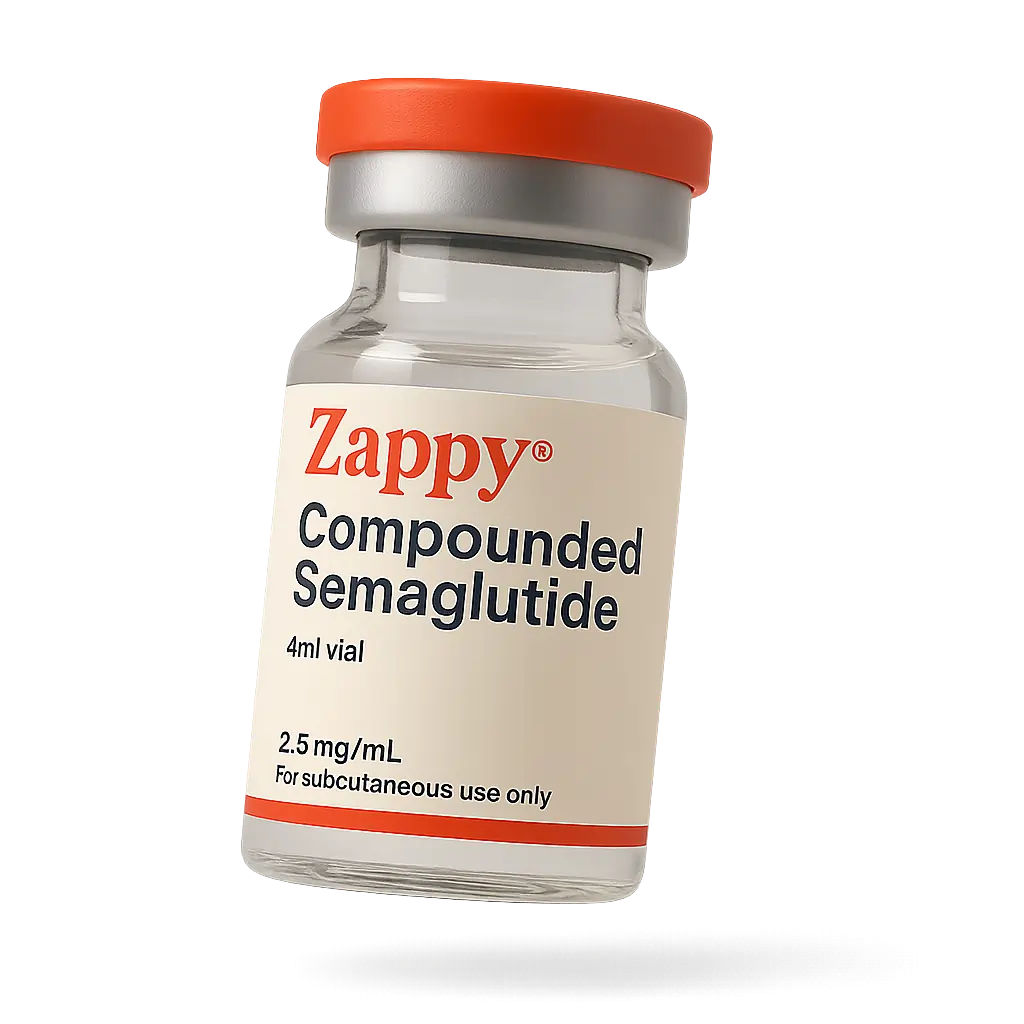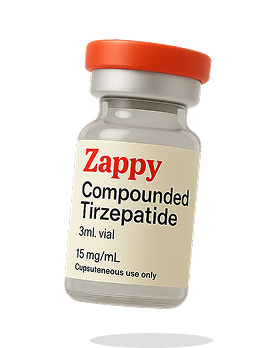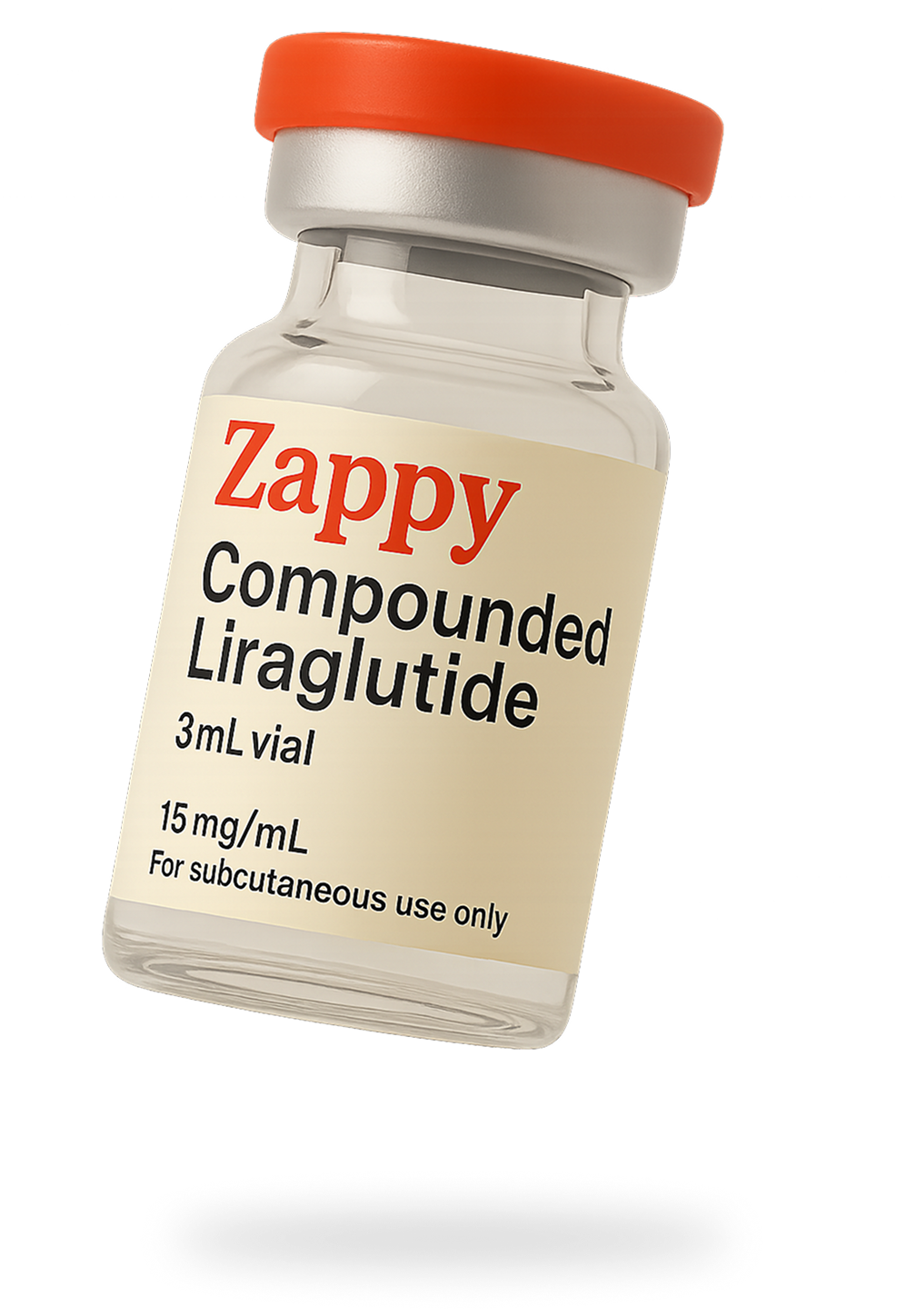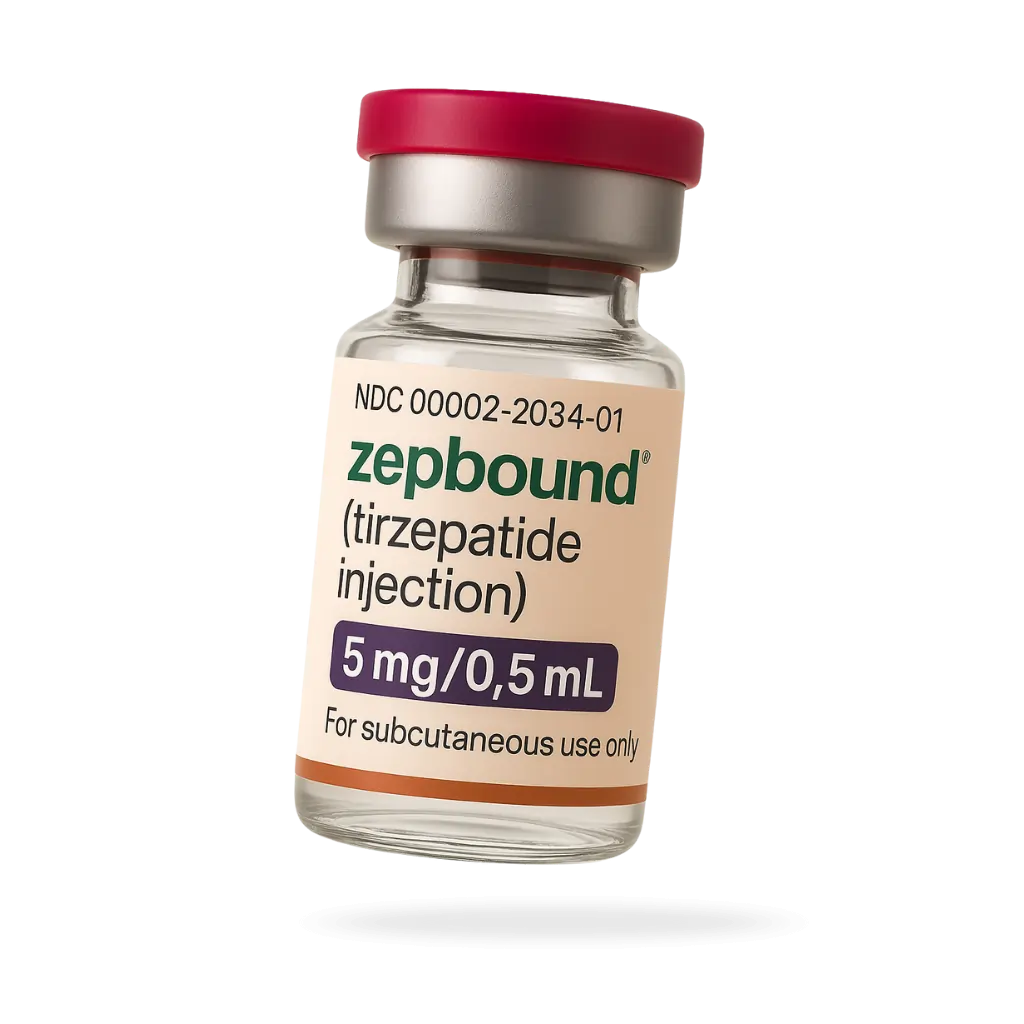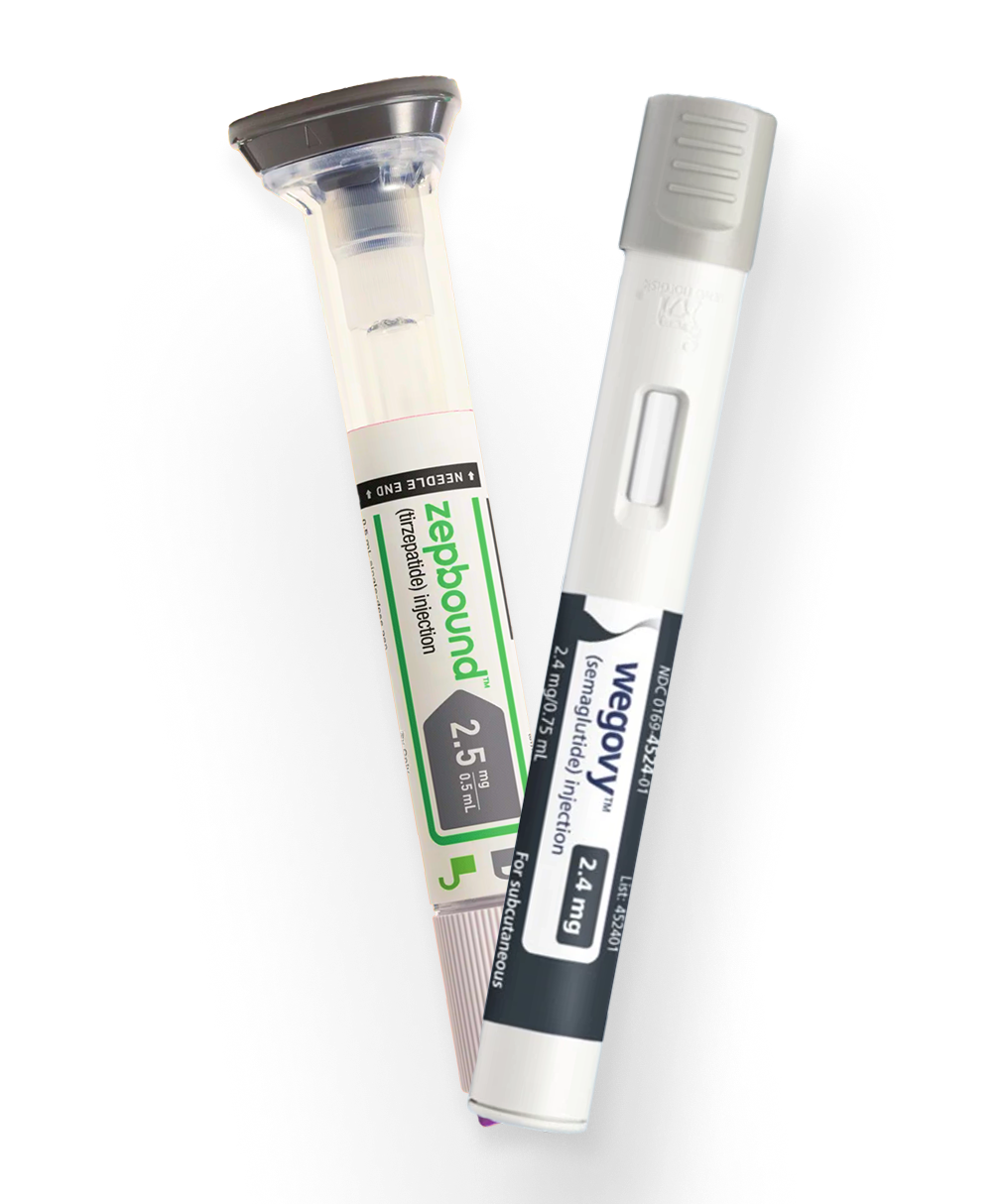Estimated reading time: 7 minutes
Key Takeaways
- Sermorelin is a synthetic peptide enhancing the body’s own growth hormone production.
- Undergoing multiple clinical trials with positive outcomes on both adults and children.
- Demonstrates a superior safety profile compared to direct GH therapy.
- Offers potential benefits in cognitive enhancement and metabolic health.
The field of endocrinology has seen significant advances in recent years, particularly regarding growth hormone optimization.
Among these developments, sermorelin clinical trials have emerged as crucial studies evaluating the safety and efficacy of this
promising therapeutic peptide. At Zappy Health, we believe in keeping our community informed about the latest scientific developments
in medical treatments, which is why we’ve compiled this comprehensive review of sermorelin research.
What is Sermorelin?
Sermorelin is a synthetic peptide designed to stimulate the natural production of growth hormone (GH) in the body. Unlike direct GH replacement therapy,
sermorelin works by activating the body’s own GH-producing mechanisms, offering a more physiological approach to hormone optimization. For a deeper understanding
of how peptides function, you can refer to our How Do Peptides Work Guide.
The Science Behind Sermorelin
Understanding how sermorelin works is crucial for appreciating its therapeutic potential. As a bioactive peptide analogue of growth hormone-releasing hormone (GHRH),
sermorelin acts directly on the anterior pituitary gland. This interaction triggers the release of endogenous growth hormone in a pulsatile pattern that closely
mimics the body’s natural rhythm.
- Stimulation of pituitary GH production
- Preservation of natural feedback controls
- Minimal impact on liver IGF-1 production
- Support of physiological hormone patterns
Overview of Clinical Trials
Sermorelin clinical trials have focused on multiple therapeutic applications, demonstrating promising results across various populations. Research has investigated:
Adult-onset GH Deficiency
- Measured improvements in metabolic health
- Documented enhanced sleep quality
- Observed positive changes in body composition
Pediatric Growth Disorders
- Evaluated height velocity increases
- Assessed safety in developing bodies
- Monitored long-term outcomes
Cognitive Enhancement
- Studied memory and focus improvements
- Analyzed mood effects
- Documented sleep quality changes
Key Research Findings
Safety Profile
Peer-reviewed studies on sermorelin have consistently shown several important outcomes:
- Generally well-tolerated
- Fewer side effects than direct GH therapy
- Favorable long-term safety data
- For more information on related safety considerations, visit our Zepbound Side Effects Guide.
Efficacy Measures
- Successful stimulation of natural GH production
- Improvements in sleep patterns
- Enhanced body composition results
- Positive effects on cognitive function
FAQ
Q: What are the common side effects of sermorelin?
Sermorelin is generally well-tolerated, but some individuals may experience mild side effects such as injection site reactions, flushing, or headaches.
Q: Can sermorelin be used for anti-aging purposes?
Sermorelin has been explored for its potential in managing age-related declines in growth hormone levels, but its use for anti-aging is not conclusively proven and should be discussed with a healthcare professional.
Q: Is sermorelin safe for children?
Clinical trials in pediatric populations have demonstrated sermorelin’s safety, but it should always be administered under medical supervision.

